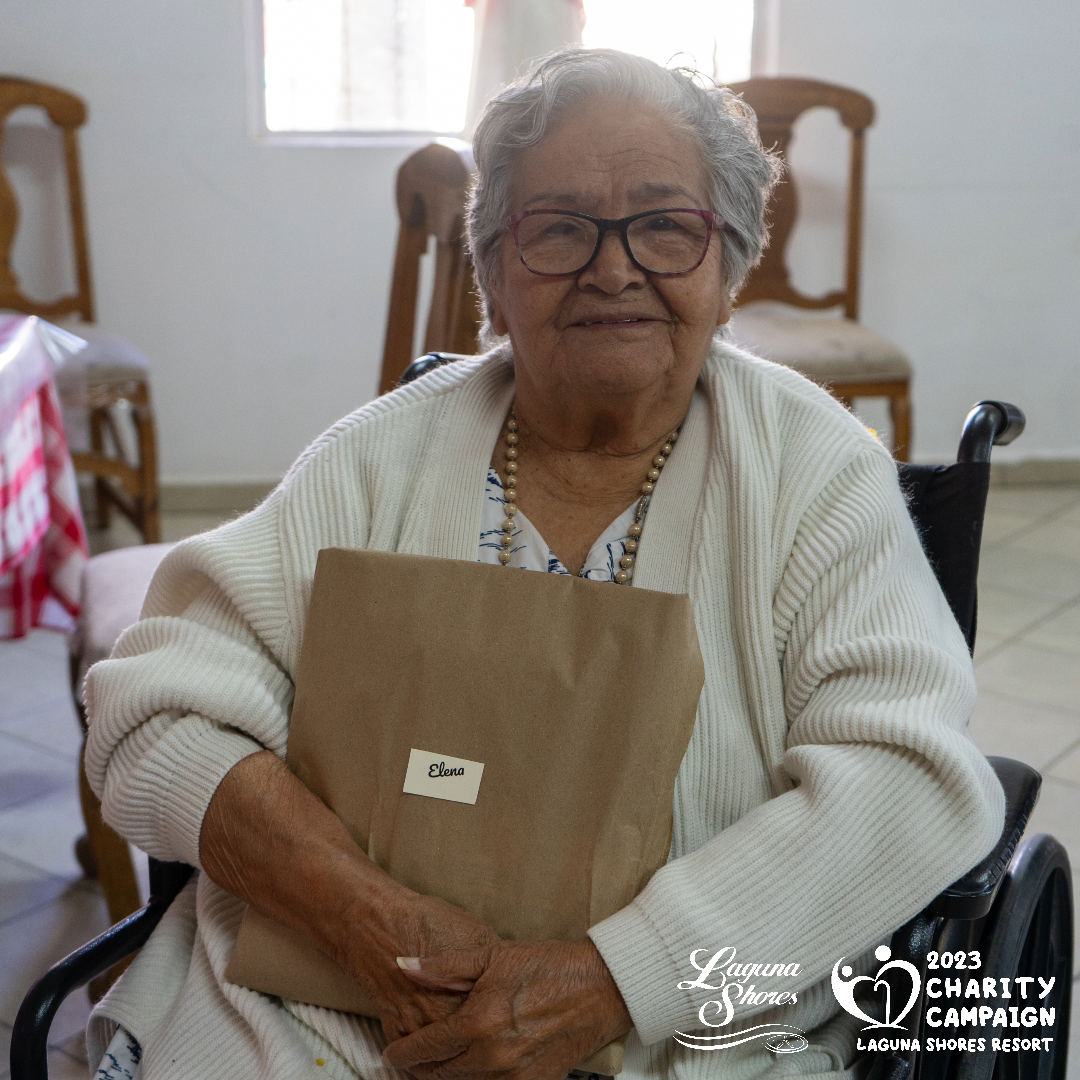The funny and not-so-funny side of dying in Mexico…what foreigners should know
“There’s a body in my house”
The funny and not-so-funny side of dying in Mexico…what foreigners should know
I write this article because a number of residents of Mexico and Rocky Point are retirees who may face the death of a loved one someday and need to think about these things in advance and be more prepared than I was. It’s not pleasant, but it needs to be done and if done ahead of time, it saves a big headache and possibly a lot of confusion.
A little over three years ago I brought my father, Bob to live with me due to his declining health. My Dad had lived in Southern California all of his life and the only “Mexico” he knew was Tijuana back in the day. (I believe he and friends may have been chased out of Mexico – or escorted to the border – more than a few times.) I wasn’t sure how he would adjust to living on the beach in a foreign country, but he took to it.
My Dad had cirrhosis of the liver from a lifetime of drinking. When I brought him to live with me he did very well for the first year and a half or so, but his liver got worse and other complications came into play. In April of this year his health became severe and, after a week in the VA hospital, I brought him back home to Mexico with hope that the doctors could fix what was wrong and that his health would hold out long enough. As the days wore on it became very clear that his condition was worsening and that he was most likely beyond any doctor’s help. Just a couple weeks later, in early May, I took my Dad back to the VA, for another opinion. One look at him from the doctor and she told me that he was dying and to take him home as those were his wishes.
A few days after we returned home I realized that I needed to make arrangements for his imminent death. I had no idea what to do. I knew he wanted to be cremated, and I knew the funeral homes here in Rocky Point could took care of that, but where do I start? I phoned my mother and she told me to call our longtime friend and doctor, Dr. Luis Vasquez. He said the first thing I needed to do was go to the Ministerio Publico and make a report. I thought this odd, but he explained that if my father passed and there was no “advance notice” then the police may have to investigate and it could get messy. How are they to know if it’s a homicide or a natural passing? He then told me when my father did pass I would just have to call the Ministerio Publico and inform them of his death. He told me to then call the funeral home and all would be taken care of from there.
So, I went to the Ministerio Publico that same afternoon. It is located inside the police station off to the left as you enter into the building. My Spanish is fair – it gets better with tequila – and after many conversations with two men at the MP’s office, I assumed I got my point across. I was terribly upset and my verb conjugation is really terrible at times, but (I thought) I had explained that my father was at my home and was dying. He was not dead…yet. I was told to pull around to the side of the building and that they would follow me to my home in Laguna Shores. I assumed this was so that they could see that he was still living and see his condition in order to make an official report. They shot out of the side like bats outta Hell – red and blues blazing, sirens going – it was like an official escort until they passed me on the highway – I guess I was going to slow. So I sped up and eventually caught up to them at the entrance to Laguna Shores. The guard there was questioning the truckload of men before allowing them entrance, which did not thrill them (we have good guards). The security guard came back to me and expressed his condolences for my father. That’s when I knew there was a giant miscommunication. I told him that my father was not dead yet, but he was indeed dying. The security guard went back to their truck and translated what I had told them then let us all through the gate.
Once parked in front of my house, a trail of men streamed out of the standard extra-cab truck. I always make jokes about how Mexicans can pile so many people into one vehicle so it made me laugh to see that “official” people do it too. My amusement ended when two really big PGR police, with really big guns, got out of the truck. Ut-oh, this is going to get nuts I thought. Luis, a security guard at Laguna Shores at the time came just then to save the day. The MP understood, from my fantastic Spanish skills, that I had a dead body in my house. That was it. A dead body. I have found myself in some strange situations, but this, by far, was the strangest. Thirty or forty minutes later, translation by Luis, and a phone call to Dr. Vazquez, it was all understood that I did not have a “dead body” in my house. But they did insist that I take him to the hospital. I said he was dying and I would not take him to the hospital and that it was his wish that he die at home. This did not get settled until the phone call to Dr. Vazquez. He told them that my father would not be taken to the hospital and that it was his wish to die at home. He also explained his condition and prognosis. (This was later written, in official form, by Dr. V.) While the men were all talking in the street, the policeman who had pulled up afterwards came over to talk to me and took my report. After all the excitement and misunderstanding, they didn’t even want to come in to see my Dad, but I insisted so there would be no problems later. They did come into the house and took a quick look at my Dad. That was the end of an interesting day living in Mexico.
A week later my Dad died peacefully in his bed at home. After I spent some time with him I called Dr. V. and told him that my father had died. Dr. V called the Ministerio Publico and Santa Cecilia Funeral Home for me and everyone went pretty smoothly from there. Santa Cecilia Funeral Home brought a van right away and took my father to their mortuary and kept him until they transported him for cremation in Mexicali. His ashes were returned to me the very next day. Not many people are cremated in Mexico so the cost between burial and cremation is about $300 USD or less for burial vs. $1700 USD for cremation. That might be something to think about if you’re on the fence so to speak. A body can also be transported to the U.S. by the funeral home. You are not allowed to carry a deceased body in your vehicle at any time in Mexico.
My father’s body was taken at around 3:00 PM and by 8:00 PM that night everything was finished and Wayne and I were completely exhausted. We left the house shortly after Santa Cecilia left and went to the funeral home where they took the information for the death certificate. Sal, a longtime friend of the family, helps out at Santa Cecilia from time to time and was a huge help when it came to interpreting and telling us what we needed to do and what would happen. I really can’t thank him enough. As frustrating as all the waiting was, at least we knew what to expect. After the information was taken for the death certificate I then needed to go to Dr. Vasquez’s office where I picked up a form stating my father’s illness, the time and date of his passing and other information about him. He had gone to the Public Health Department to obtain the form, filled it out and then I then took back to the funeral home so that they could finish the death certificate. Once all of that was done then we had to go to the Public Registry where the death certificate information was entered and my father’s death was officially recorded. There were a few more papers to fill out and you need a witness with you for an additional signature. After we proofed the information, it was entered into the system and I received a copy. I got the official death certificate the next day when I picked up his ashes. The funeral home takes care of all of the expenses – there are filing fees and their own fees and you just have to worry about one single price. The next afternoon the funeral home called and we went to pick up the ashes and the death certificate and then went to the Ministerio Publico to drop off a copy.
If your loved one is ill or at the final stages of his or her life I would suggest the following…please keep in mind I am no expert and rules and processes may vary in other cities, but this will give you somewhere to start to be more prepared.
- Make sure you have a local doctor who is familiar with your medical condition and make sure that he or she has a 24-hour number where they can be reached.
- Find out the cost for burial and cremation by visiting the funeral home and asking. You can purchase a burial plot locally – the funeral home will guide you through this.
- If you need to make a report to the Ministerio Publico about an imminent death, please take someone who is fluent in English and Spanish unless you are. Even if you think your Spanish is good enough, I urge you to have someone by your side so there is no miscommunication. And make sure that you have a note from the doctor, on their letterhead or prescription pad that states the condition of the ill person and that is the wish of the dying person to pass at their home in Mexico and not at a hospital or facility of any kind.
- If your loved one is to be buried in the U.S. or some other country, inform your doctor and the funeral home and ask what the expense of transportation is. If transportation or airfare is required to get your loved one home, find out in advance what the procedure is in the U.S. Same with cremation. Some insurances and VA’s offer this service.
- Have a conversation with your doctor about what will take place once your spouse passes. Find out what your role is and what the doctor can take care of.
- Never, ever transport a deceased person in your personal vehicle anywhere in Mexico. Bodies must be transported in authorized and licensed vehicles.
- Make sure you have all personal information in one place such as place of birth, date of birth, mother and father and their maiden names, retired date – anything you can think of that may help ease the process of the paperwork.
- Make sure that you have a legal Will and that everything is spelled out clearly if property or assets are in one name only.
These steps should save you a lot of grief if you are caring for someone that is terminally ill and wishes to die at home in Mexico. I have no experience with a sudden death, but I would follow step No. 1 and speak with your doctor to get more information.




